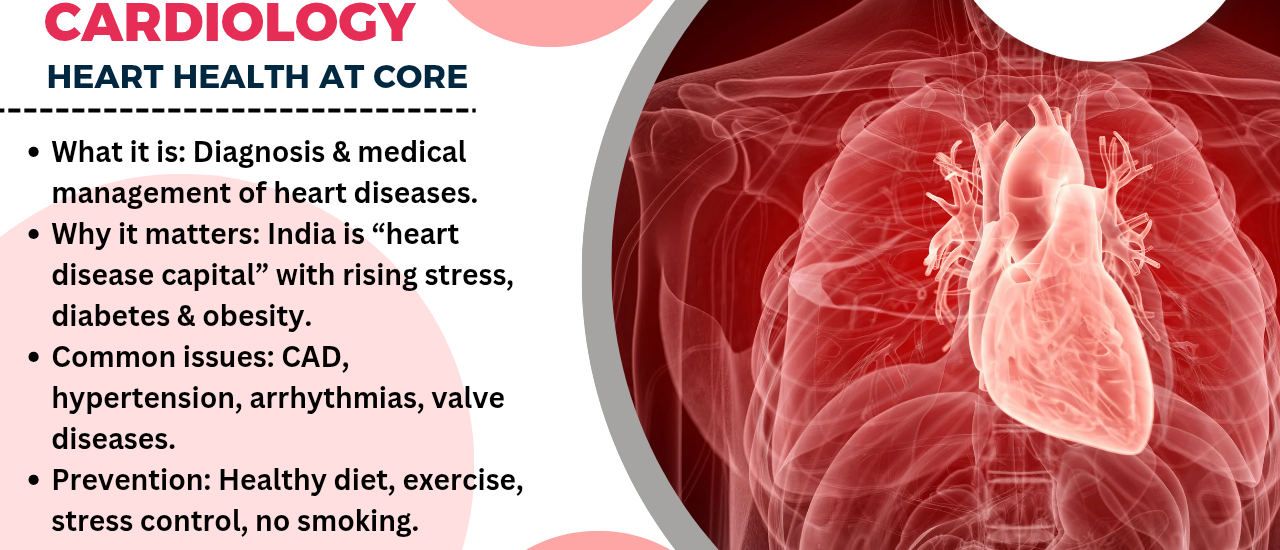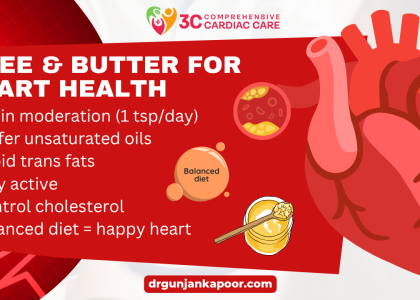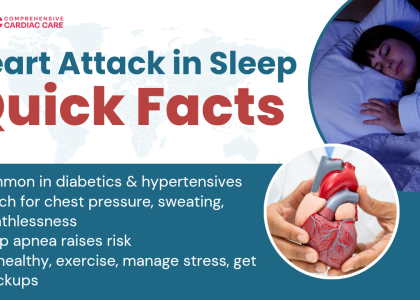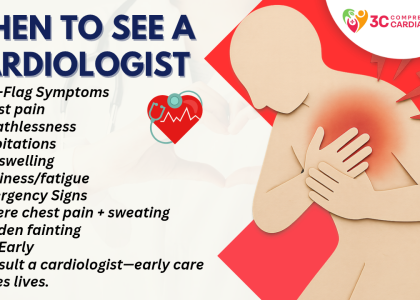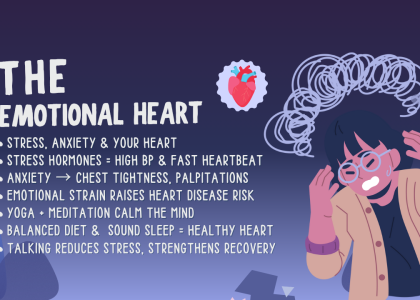Introduction
Heart health has become one of the most important healthcare concerns in modern India. With rapid urbanization, stressful work environments, changing diets, and sedentary lifestyles, heart diseases are rising at an alarming rate. Today, India is often referred to as the “heart disease capital of the world”, with millions of people affected every year.
Clinical cardiology is a specialized branch of medicine that focuses on the diagnosis, treatment, and prevention of heart-related conditions. For anyone concerned about their heart health, understanding the role of clinical cardiology is essential.
What is Clinical Cardiology?
Clinical cardiology deals with disorders of the heart and blood vessels. Cardiologists diagnose, treat, and manage conditions such as:
-
Coronary artery disease (blockages in heart arteries)
-
Hypertension (high blood pressure)
-
Heart rhythm disorders (arrhythmias)
-
Heart valve diseases
-
Heart failure
-
Congenital heart diseases (present from birth)
Unlike interventional cardiology (which involves procedures like angioplasty), clinical cardiology focuses on medical management, risk assessment, and non-invasive treatments.
Why is Heart Health a Major Concern in India?
Cardiovascular diseases are the leading cause of death in India, responsible for nearly 28% of total deaths. Some key reasons include:
-
Unhealthy lifestyle habits: Consumption of fried food, high salt intake, smoking, and alcohol.
-
Stress & long working hours: Especially in urban corporate environments.
-
Sedentary lifestyle: Lack of regular exercise and physical activity.
-
Diabetes & obesity: Both are strongly linked to heart disease and are rising rapidly in India.
-
Genetics: South Asians have a higher genetic predisposition to heart problems compared to Western populations.
The burden of heart disease is no longer limited to older adults. Alarmingly, many cases now involve people in their 30s and 40s.
Common Heart Conditions in India
-
Coronary Artery Disease (CAD): Caused by plaque buildup in arteries, leading to chest pain and heart attacks.
-
Hypertension (High Blood Pressure): A silent killer that damages blood vessels and heart function.
-
Arrhythmias: Irregular heartbeats that may cause dizziness, fainting, or stroke.
-
Heart Failure: When the heart cannot pump enough blood for the body’s needs.
-
Rheumatic Heart Disease: Still common in India due to untreated throat infections leading to valve damage.
Role of a Clinical Cardiologist
A clinical cardiologist plays a vital role in:
-
Early diagnosis: Detecting heart problems through tests like ECG, echocardiography, and stress tests.
-
Medical management: Prescribing medications to control blood pressure, cholesterol, or arrhythmias.
-
Preventive care: Advising on diet, exercise, and lifestyle changes to reduce risks.
-
Monitoring chronic conditions: Ensuring patients with long-term heart disease stay stable.
-
Referrals for advanced care: Suggesting interventional or surgical options if required.
In simple terms, clinical cardiologists act as long-term partners in heart health.
Preventing Heart Diseases – The Indian Context
Prevention is better than cure, especially for heart health. Some India-specific steps include:
-
Dietary changes: Reduce fried foods, sugary drinks, and excess salt. Include more fruits, vegetables, nuts, and whole grains.
-
Regular exercise: Aim for at least 30 minutes of brisk walking, yoga, or cycling daily.
-
Quit smoking & alcohol moderation: Both are leading contributors to heart problems.
-
Stress management: Meditation, yoga, and adequate sleep are crucial for maintaining a healthy heart.
-
Routine check-ups: Regular ECGs, blood pressure monitoring, and cholesterol checks can detect risks early.
Importance of Early Screening
Many heart problems show no symptoms until they reach an advanced stage. Early screening and regular cardiology consultations are vital, especially for those with:
-
Family history of heart disease
-
Diabetes or hypertension
-
Obesity and sedentary lifestyle
-
High stress levels
Regular check-ups can prevent serious complications and save lives.
Clinical Cardiology in India – A Growing Field
India is home to world-class cardiologists and advanced healthcare facilities. Many hospitals across metro cities like Delhi, Mumbai, Chennai, and Bangalore offer specialized clinical cardiology services at globally competitive standards.
With the increasing awareness of preventive healthcare, more Indians are opting for annual heart check-ups. Corporate organizations and health insurers are also encouraging preventive cardiology programs, recognizing their importance in reducing long-term healthcare costs.
Conclusion
Heart disease is one of the biggest health challenges in India, but it is also one of the most preventable. Clinical cardiology plays a crucial role in guiding patients towards healthier lives through early diagnosis, medical care, and preventive strategies.
For Indians facing the pressures of modern lifestyles, prioritizing heart health is not just a medical need but a life-saving choice. Taking timely guidance from a clinical cardiologist can help ensure a stronger, healthier future.

